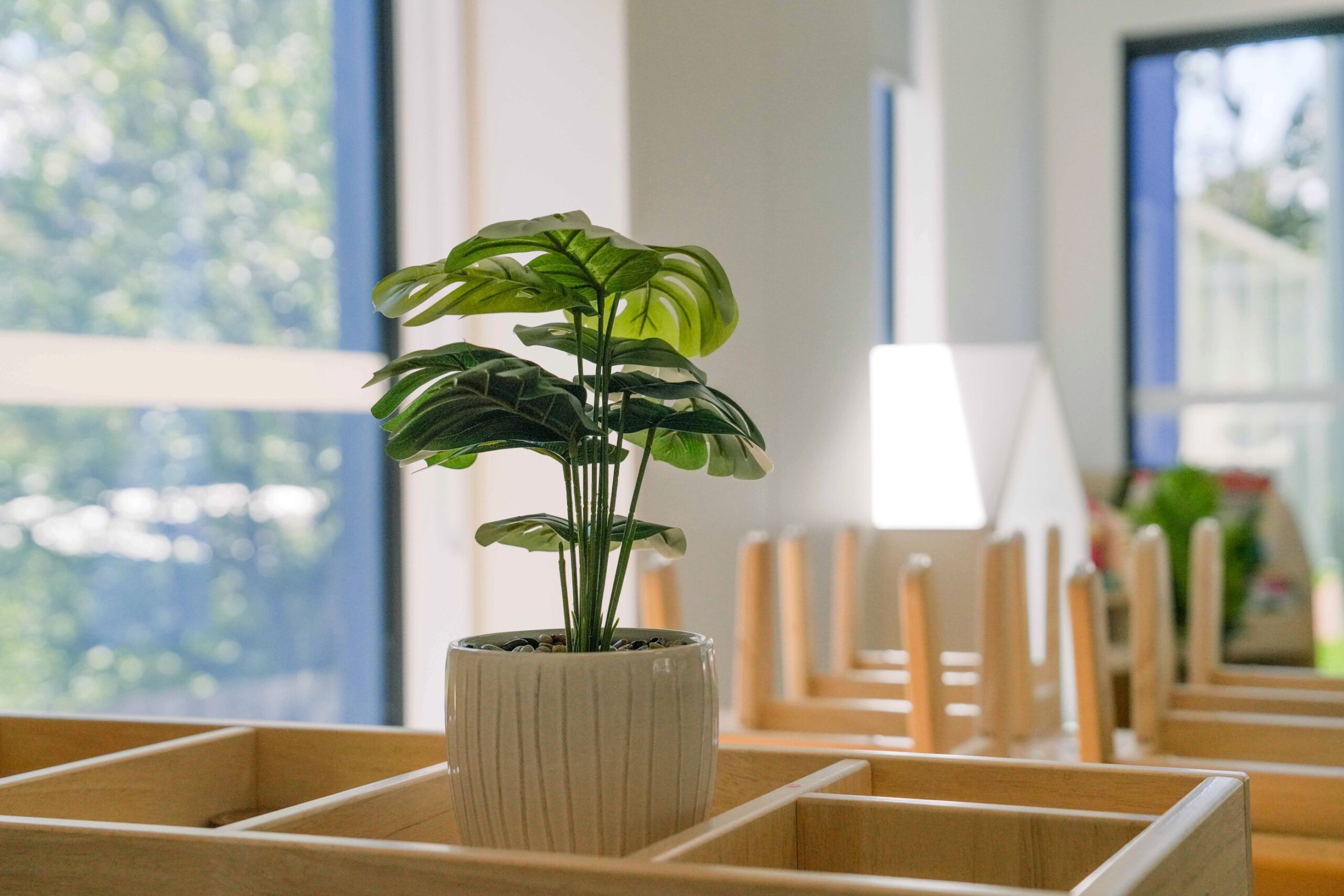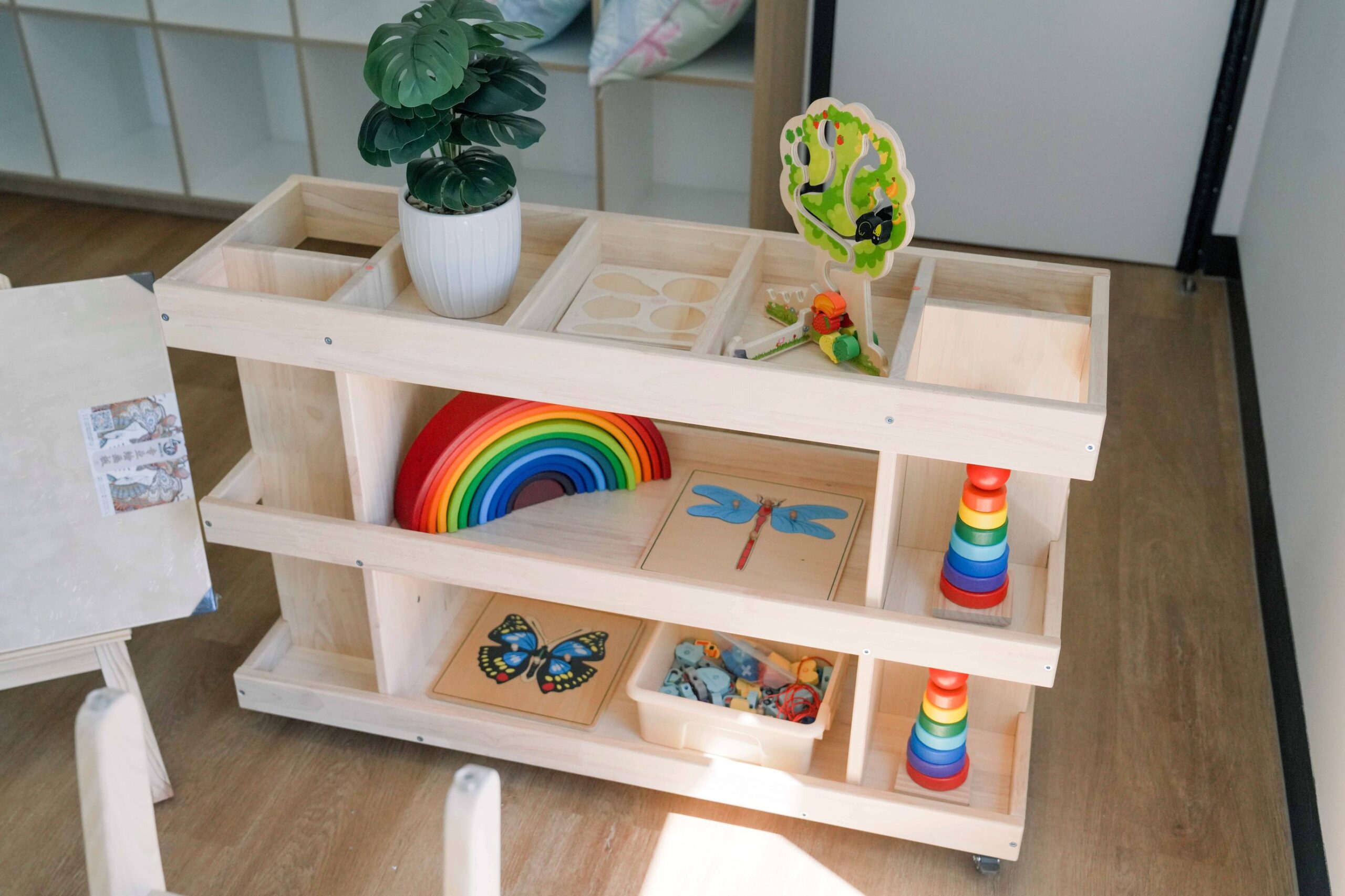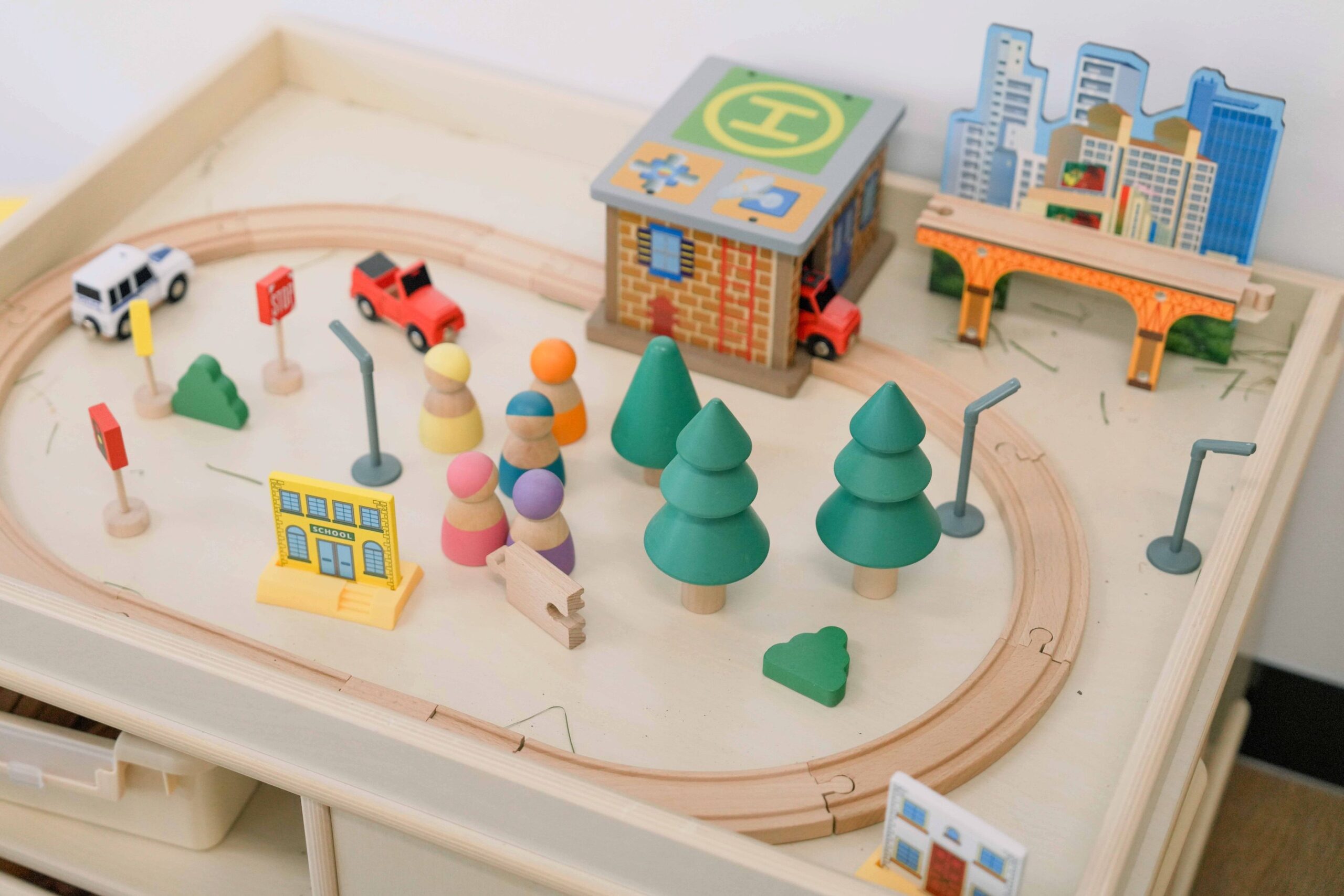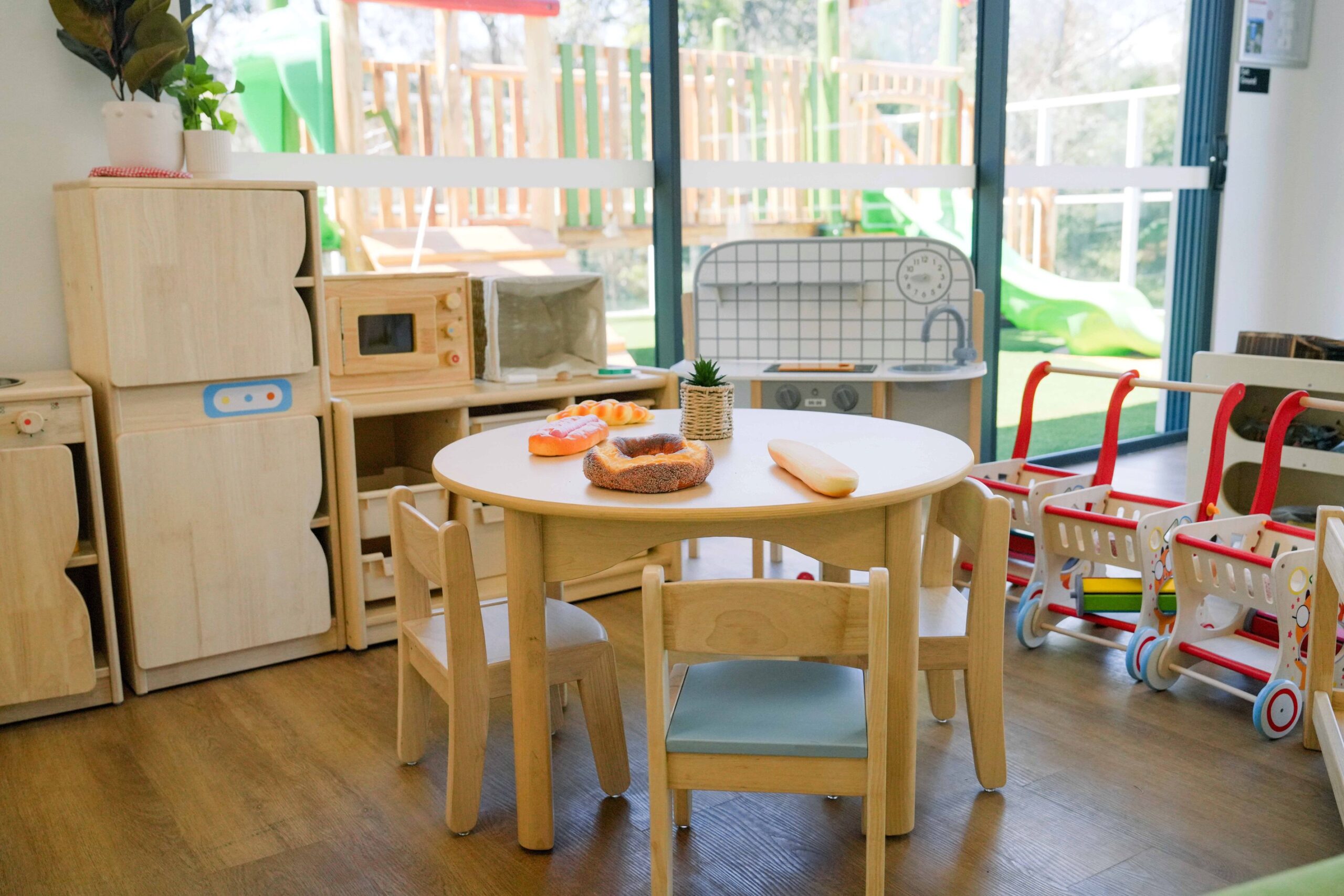Kookaburra Room
At Little Penguin ELC, we want to support children’s development by providing an enriching play experience. The junior toddlers will have opportunities to interact with each other and build relationship with their peers. As children gain more autonomy to move around by themselves and start to communicate with each other, the educators support them through modelling positive interactions and communicating verbally.
Room:
Age:
1-2
Well-being – Self and social awareness
At our childcare, the warm educators support the junior toddlers in developing their self and social awareness. The junior toddlers learn to develop trusting relationships with their educators and then their peers. This trusting relationship helps them confident in interacting with each other.
Physical Development
Our experienced educators plan for experiences which help develop your child’s motor skills. We provide a secure environment for the children to explore the space and challenge their abilities. They are encouraged to interact with the space, explore and develop different movement patterns and motor skills and develop a strong sense of health and well-being.
Speech and Language Development
The children in the Kookaburra room are encouraged to express themselves non-verbally or verbally. The junior toddlers are encouraged to point, smile or maintain eye contact with the educators. Through this, the babies understand how two-way communication is formed.
In the first two years of their lives, young children develop their language and speech rapidly. The educators support their early language development through a range of activities such as reading, picture talk, play routines or giving out simple instructions.
Individualised Needs
- Food and nutrition
Children’s health and wellbeing is our priority in centre’s daily operation. We take food safety and nutrition seriously. For children who have special diets due to medical or cultural reasons, there will be a personalised menu and a separate bowl with a clear label and information at meal time for the child
- Naps
Research found that biologically a 9-12 months old baby can stay awake for 2.5 hours at the maximum. Babies become tired and unhappy as they exceed this time period. They might lose the ability to concentrate, become grumpier, lose the ability to learn new information and cry more. One of the focuses in baby room is to ensure children take high quality mid-day nap. Each child has their own cot and sleep chart with detailed information, including name, attending days, sleep time and habits (patting, comfort items, formula or milk before sleep, etc.)
- Rhymes and songs
Songs and rhymes are used throughout the day to support the children in developing a range of skills and getting to know sounds and words.




